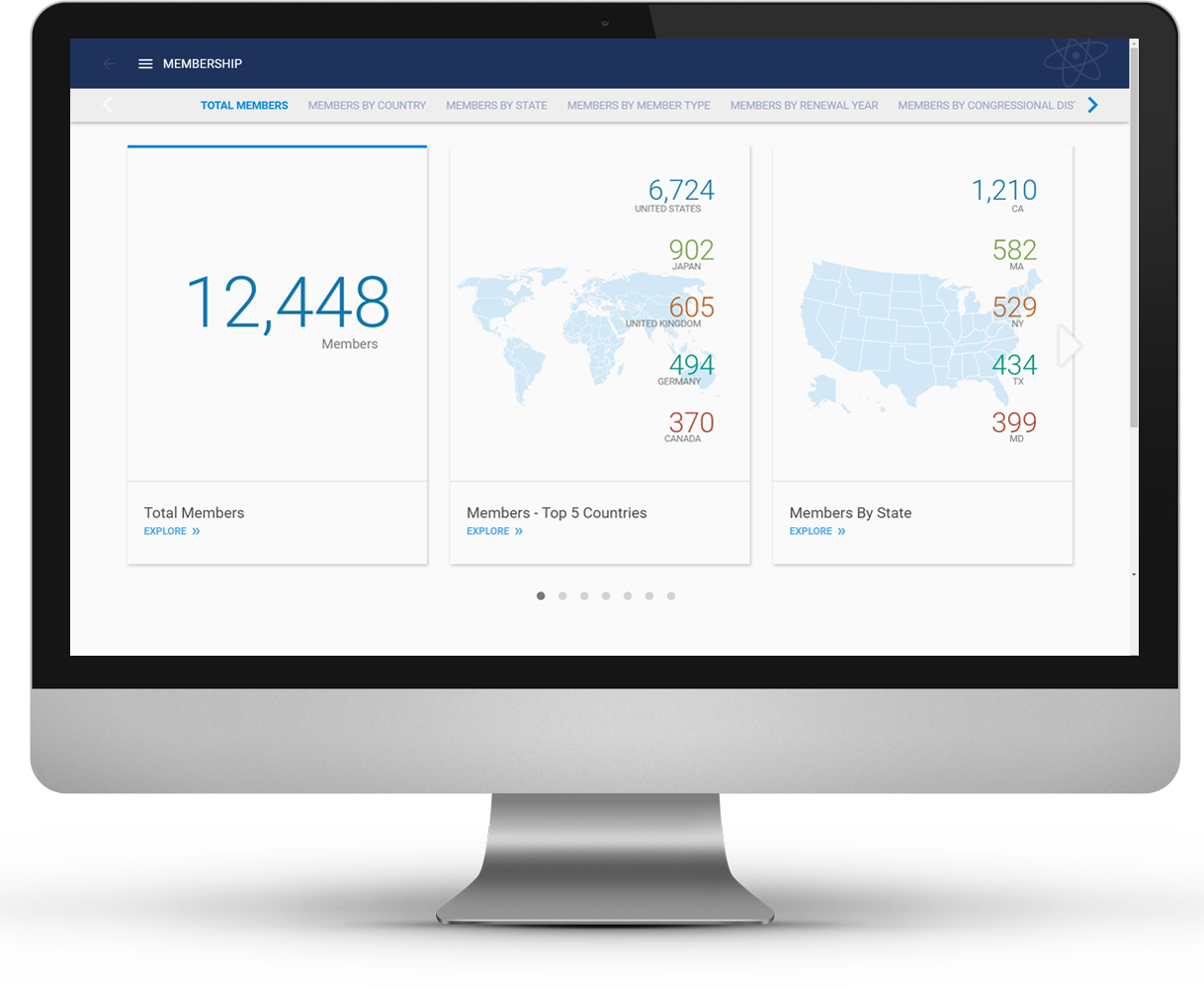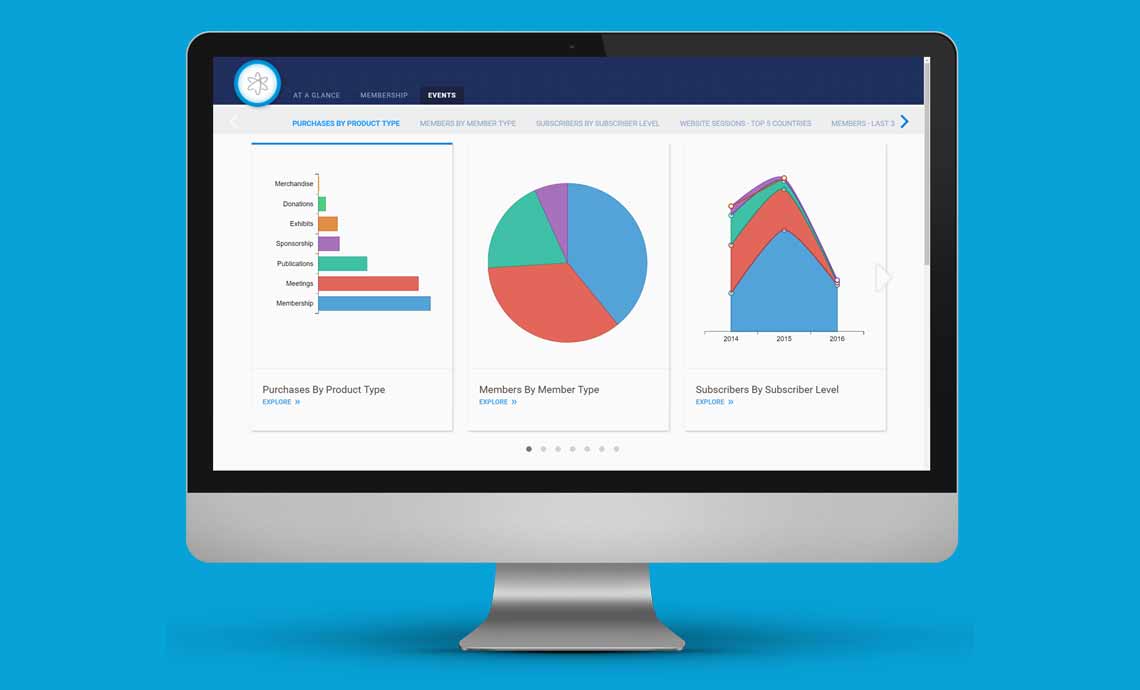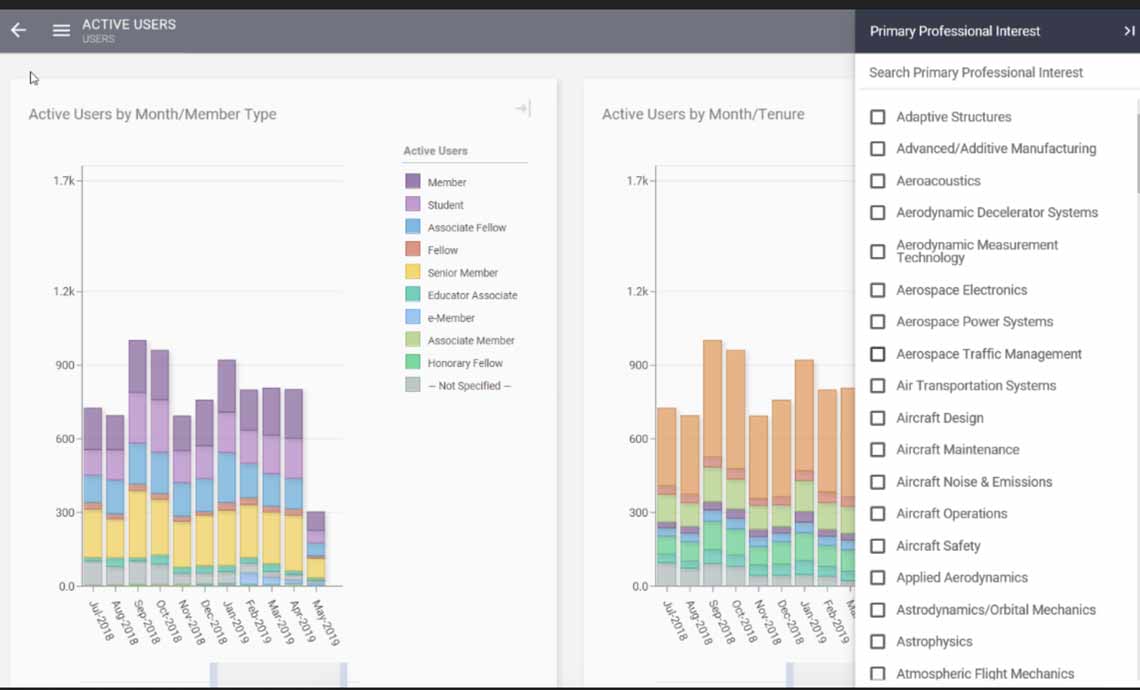Big Data. Data analytics. Business intelligence. Data lakes. Data warehouses.
Data analytics buzzwords show up everywhere, from our conferences and content consumption to our conversations. But why is data such a hot topic? How can data really make a difference?
Many of you have been mandated to “do something” with data analytics… to figure it out and then implement it across your organization. If this task is your responsibility, you’re probably not a data analytics specialist, and you might be wondering where to start.
Like any technology investment, start by identifying goals before evaluating every tool on the market. But before you can even set goals, it’s paramount to understand what’s realistically possible.
To be clear, “data analytics” in this context refers to more than Google Analytics or other one-off tools. We’re talking about a comprehensive business intelligence (BI) tool that pulls all data into one platform for visualization, insight, and analysis. When done right, BI can transform an organization.
Your data analytics platform should provide:
- A complete picture. Your members display more than a digital body language; there are other engagements worth tracking, like conference session attendance or volunteerism. A data analytics platform can track online and offline data, providing a true 360-degree view of members. This gives insight into total value of membership and paves the way for sophisticated personalization and targeted messaging.
- Accessibility and ease of use. If you’re looking at AMS data in conjunction with email marketing or community data, wouldn’t it be nice to visualize it all in the same place? That’s what a BI tool can (and should) do, and it’s an extraordinary time saver for assembling weekly, monthly, or annual reports. You shouldn’t need to hire (or become) a trained data scientist to pull basic reports on your KPIs. Modern BI tools require little to no training.
- Availability and adoption organization-wide. Data analytics are available on mobile devices in real-time. There’s no need to rely on a particular person or department to execute reports because the data is accessible to everyone. This eliminates manual effort and delayed reporting due to resource constraints. “[User adoption is] the single measure of success for any BI project,” according to Ian Nicholson at SmartDataCollective.
- Consistency. A data analytics platform eliminates discrepancies and functions as the single source of truth. There are no variables because everyone views the same data.
Ultimately, data analytics platforms enable organizations to make decisions based on data instead of gut or political reasons. It’s best for the health of the organization, for its staff, and ultimately, for the members.
That’s why data is such a hot topic among the conference circuit, blogs, and conversations. It’s the new currency, and will continue to grow in value – both for staying current and proving value to your members.


